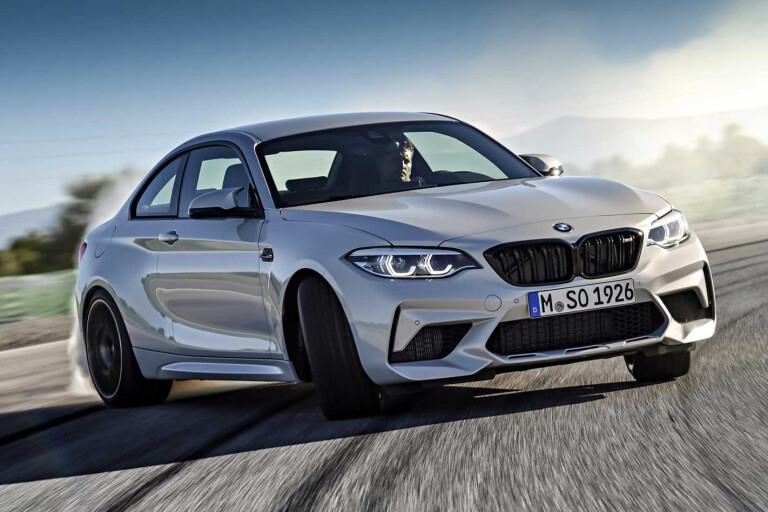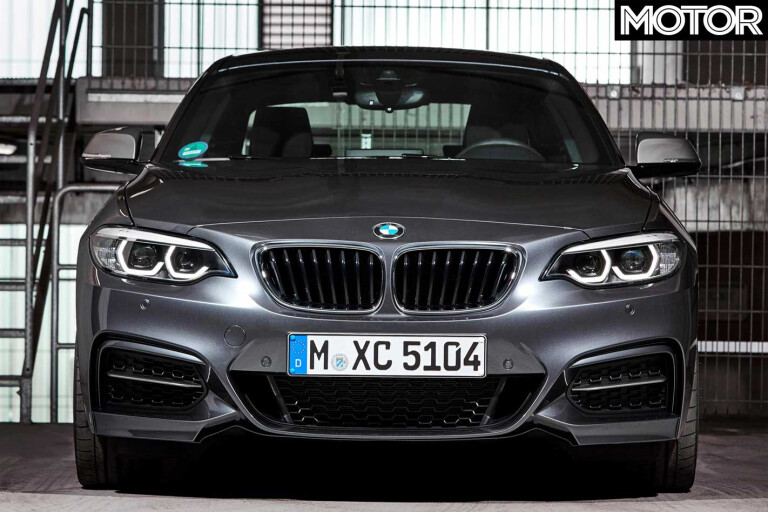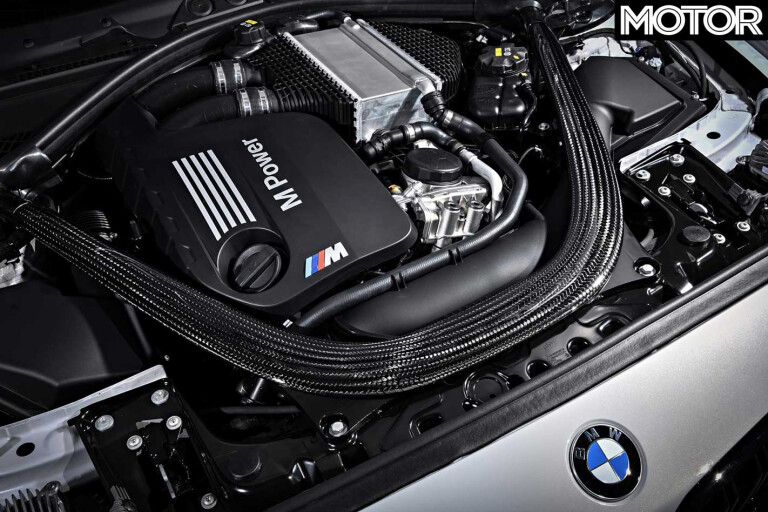
The next-generation BMW M2 will remain a rear-wheel-drive-only proposition after key executives inside Munich headquarters fought against forcing the next-gen 2 Series onto the front-wheel-drive Mini platform now officially confirmed to underpin the 1 Series.
Although the poorly received 2 Series Active Tourer people mover has already made the switch to the Mini platform dubbed UKL, with the X1 small SUV having followed and the new 1 Series still to come, the next 2 Series coupe will distance itself from those compacts.

The decision, a key BMW executive confirmed, is part of a plan to engineer every next-generation model on just two modular platforms – UKL (lower class) front-drive and CLAR (Cluster Architecture) rear-drive, with each also accepting all-wheel drive derivatives.
While the UKL platform would be a cheaper way to produce a 2 Series coupe, engineers and executives fought for the compact sports car to shift to CLAR. It will make the two-door the smallest vehicle produced on a platform that will extend right up to the X7 upper-large SUV, with the X3, X4, 5 Series and 7 Series already released, and the 3 Series, X5 and X6 to come.
The reason that BMW needs to reduce its number of vehicle architectures is to absorb the - currently enormous – cost of engineering both platforms and all models to accept petrol, diesel, plug-in hybrid electric vehicle (PHEV) and battery electric vehicle (BEV) formats.
While the German brand has officially ruled out creating a BEV sports car any time soon, the next 2 Series coupe will be engineered to accept a tonne – so to speak – of batteries beneath its floor.
Given the success of the first-ever M2, the next-generation will likely continue in a traditional format with turbocharged six-cylinder power, though the M240i is less likely to keep its current set-up.

A division will form between the five-door hatchback 1 Series, in equivalent M140i guise with all-wheel drive, and the two-door coupe 2 Series, in its M240i replacement that will continue with rear-wheel drive. What both are tipped to share is a four-cylinder turbocharged engine boosted by an electric motor (for an ‘e-boost’) for the first time.
While the next M3 could potentially offer an ‘e-boost’ complement for its six-cylinder engine, to help reduce lag and emissions, and increase performance, a separation will again occur with its smaller M2 sibling – it will be premium tech versus traditional fun for a next generation of BMW buyers.

COMMENTS